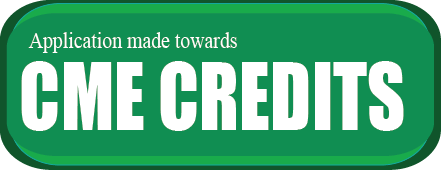
Lu Ann Sowko
University of Pittsburgh, USA
Title: Knowledge, self-efficacy, beliefs and practices in engaging in physical activity counseling in undergraduate nursing students
Biography
Biography: Lu Ann Sowko
Abstract
Purpose: To explore knowledge, self-efficacy, beliefs and practices for engaging in physical activity (PA) counseling in undergraduate nursing students.
Theoretical Framework: Bandura’s theory of self-efficacy.
Methods: Cross-sectional survey distributed to 603 undergraduate nursing students. The 21-item questionnaire requested information regarding: (1) knowledge of current PA guidelines, (2) self-efficacy in PA counseling, and (3) personal PA beliefs and practices. Responses were analyzed by (1) program level (freshman, sophomore, junior, senior) using one-way Analysis of Variance and (2) type of program (traditional, second degree) using the Mann-Whitney U test and Kruskal-Wallis test.
Major Findings: 539 students returned completed questionnaires (89%). The majority were females (89.2 %) enrolled in a traditional program (92%). Almost half (48%) responded they would recommend the amount of PA consistent with the current guidelines (≥150 min per week). However, less than 40% reported having an opportunity to engage in PA counseling. The majority (74.2%) reported partial to strong confidence in providing PA education. Students ranked providing PA counseling as 4th among 9 other lifestyle behaviors. Senior students reported better knowledge of the current PA guidelines than juniors (p = 0.02). Self-efficacy related to PA counseling was significantly lower in freshmen compared to sophomores, juniors, and seniors (p<0.001). Traditional students had lower self-efficacy in PA counseling compared to those in the accelerated program (p=0.003). Freshmen ranked PA higher compared to other lifestyle behaviors (3.9 ± 2.2) compared to juniors (4.8 ± 2.2) and seniors (5.0 ± 2.4) (p<0.001). Sophomores ranked PA higher compared to other lifestyle behaviors (4.1 ± 2.2) compared to seniors (5.0 ± 2.4).
Conclusion: Nursing students infrequently provide PA counseling, potentially due to low self-efficacy.
Implications: Undergraduate curricula may need to incorporate strategies to build competence to deliver PA counseling

